
Food intolerance
Food intolerance is a hypersensitivity to certain types of food. People suffering from food intolerance are usually sensitive to gluten (found in wheat) and lactose (in milk and dairy products). The usual symptoms that bother these patients are digestion problems, such as bloating, nausea, vomiting and stomach pain.
Gluten is the protein found in the endosperm of the grains, usually in wheat, rye and barley seeds. It is a source of proteins, used directly to make some meals out of it or as the protein addition to the food.
Celiac disease (which is another name for gluten intolerance) is an autoimmune disorder, without any known identified cause, so far. Scientists believe that the disease has some genetic basis, because it can be hereditary condition.
Consuming the food which contains gluten these patients experience damage of the small intestine. After some time, the damage may seriously affect the intestines and reduce the possibility to digest the food. The best advice is to treat the disease in the early stages, before it irreversibly affects the small intestine. Avoiding the food that contains gluten seems to be the easiest treatment.
Gluten Allergy Food
These are the food which should be avoided because of the gluten content:
Wheat, barley, ryeWheat and cereal products, including bread and pastaWheat nachos, tortillas and pancakesPretzels, crackers, biscuits, bagels, and potato chips Soups, sauces and gravies that contain wheat as the thickenerWheat germ oil (and mixed vegetable oils)Breaded and floured meat Cakes, cookies, waffles, muffins, etc.Candies, ice creams, ice cream conesAlcohol, such as beer, malt, whiskey and bourbonBe aware that many of baked products contain gluten. Make sure to carefully read the label on the products and avoid those which have gluten content. When eating in a restaurant, notify the chef about your allergy, and that the food that you eat should be gluten free.
Gluten-Free Food
Many foods are acceptable for the people battling the gluten intolerance, since they don’t contain even the traces of this substance. These substances are safe to be used and do not provoke a gluten reaction:
Use rice, potato flour, millet, quinoa, oatmeal or bean flour to replace the wheat flourMilk, buttermilk, ghee, cheese, yogurt are also gluten freeMeat, fish, eggsSunflower and olive oil can be used without hesitationFruits, dried fruits, vegetables, nutsHoney, sugar, jams, gelatin, jellies, custardsFruit juices, cocoa, coffee, teaSalt, spices, herbs, olives

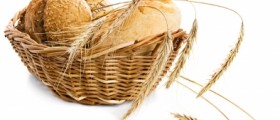
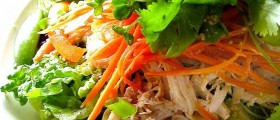


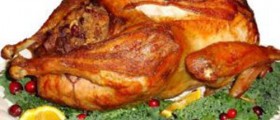

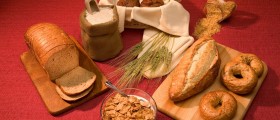
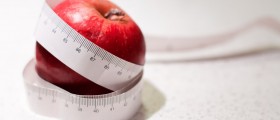
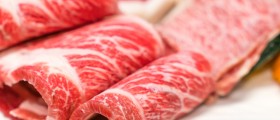
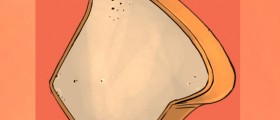
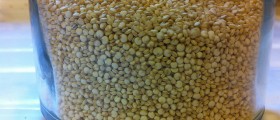
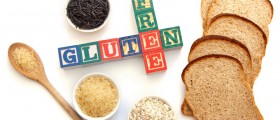


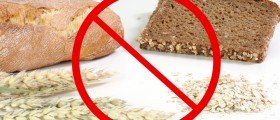
Your thoughts on this
Loading...